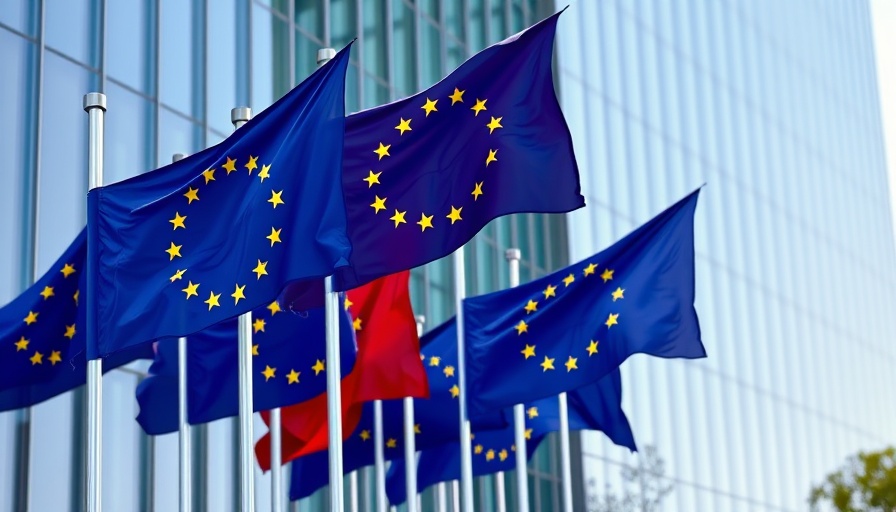
Shifting Dependency: Europe and U.S. Tech
As tensions between nations rise, European leaders are increasingly questioning their reliance on American technology. A recent report highlighted by The New York Times suggests that this shift is fueled by incidents like Microsoft’s abrupt decision to disable the email account of Karim Khan, chief prosecutor at the International Criminal Court (ICC), in response to sanctions from the Trump administration. This move raised eyebrows across Europe and has led many to reconsider their tech partnerships.
A Wake-Up Call for European Innovation
Casper Klynge, a former diplomat and Microsoft official, emphasized that Khan's email shutoff served as a "smoking gun" for Europe, signaling the need to explore homegrown and alternative technologies. The recent actions from the U.S. government indicate that American companies might be compelled to comply with political agendas, which could compromise the data security and autonomy of European nations. This scenario has led to greater discussions about fostering independent technological growth within Europe.
Exploring Alternatives: How Europe is Responding
In light of these developments, many European organizations have already started to pivot towards solutions like Switzerland-based Proton for secure communications. Leaders are motivated to harness emerging tech trends locally, focusing on a more sovereign and secure approach to tech infrastructure. The growing impetus to lessen dependence on U.S. tech giants aligns with emerging global trends, such as the rise of AI technology in sectors like healthcare, where European companies are leading the charge in AI-powered innovations.
Future Trends and Tech Innovations
The current situation could lead to groundbreaking advancements in European tech landscapes. As nations explore alternative technologies, the emergence of new tools and platforms in fields like AI and data privacy are promising. Initiatives for developing autonomous robots, advanced AI tools, and personalized healthcare tech are all possible outcomes as Europe seeks to build a resilient tech ecosystem.
Given the momentum of technological advancements, it will be vital for European nations to prioritize investing in the right research, legislation, and partnerships that will allow them to compete globally and secure their technological futures.
The journey towards tech independence is not easy, but with the right focus on emerging technologies and collaborative efforts, Europe could emerge stronger, paving the way for a future defined by innovation on its own terms.
 Add Row
Add Row  Add
Add 




 Add Row
Add Row  Add
Add 



Write A Comment